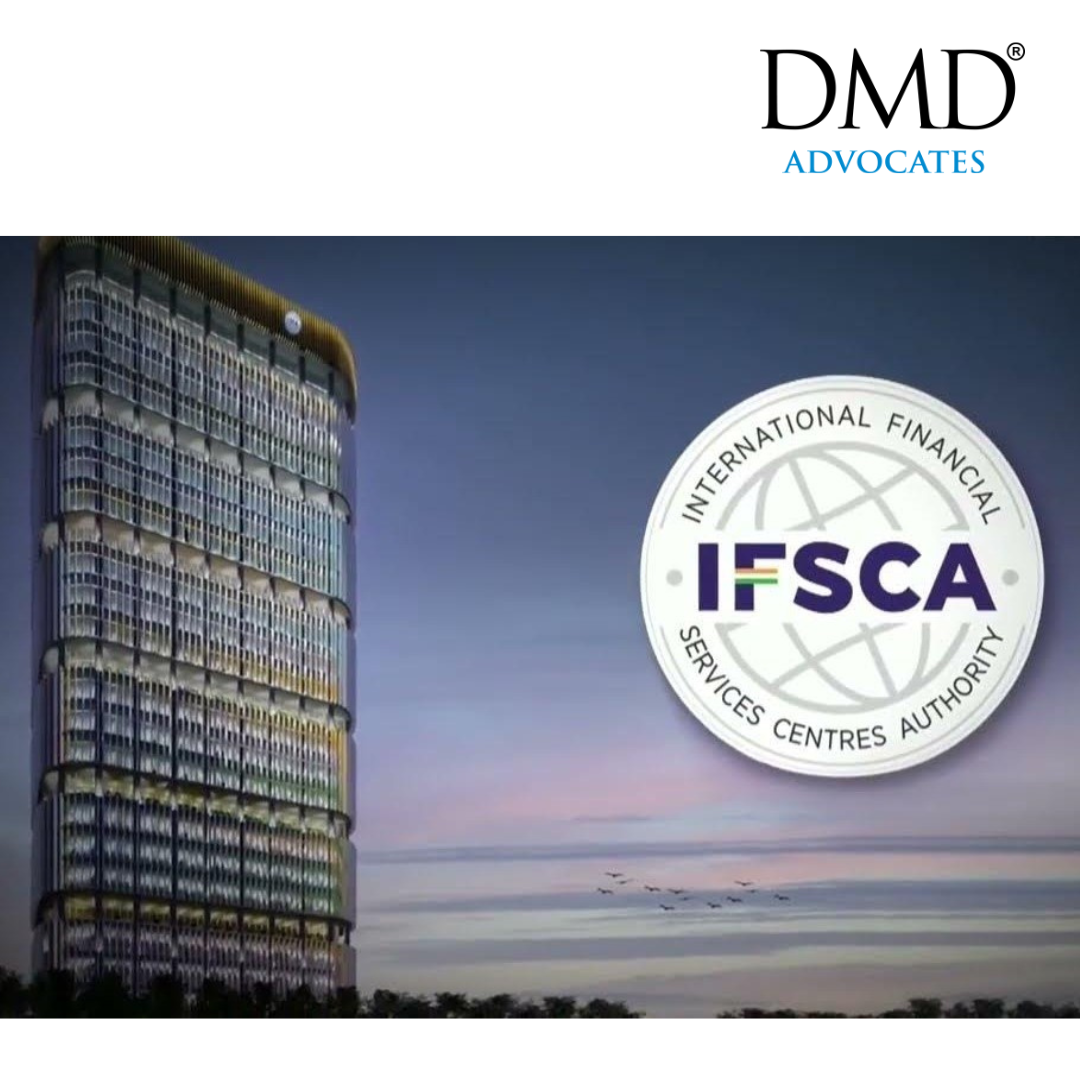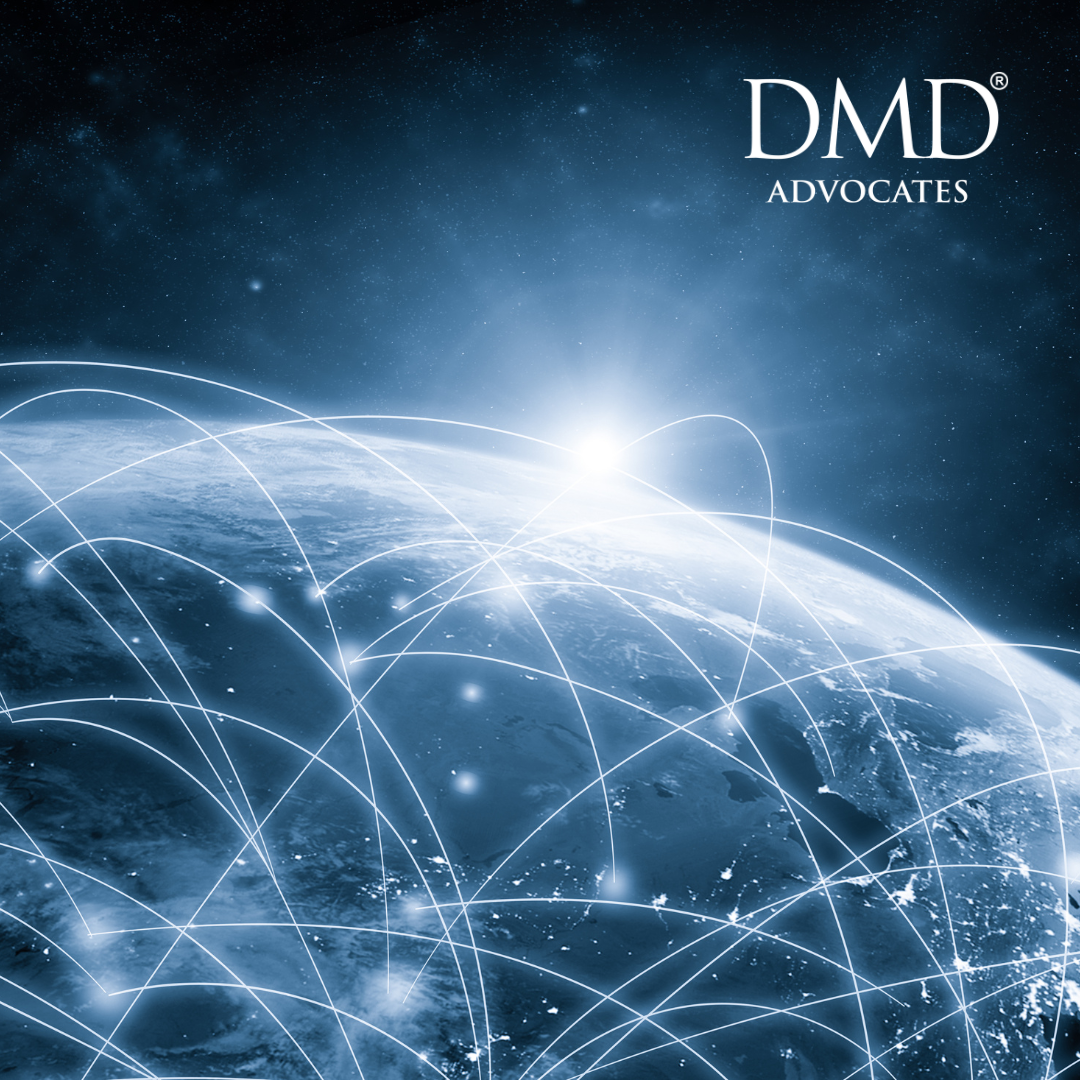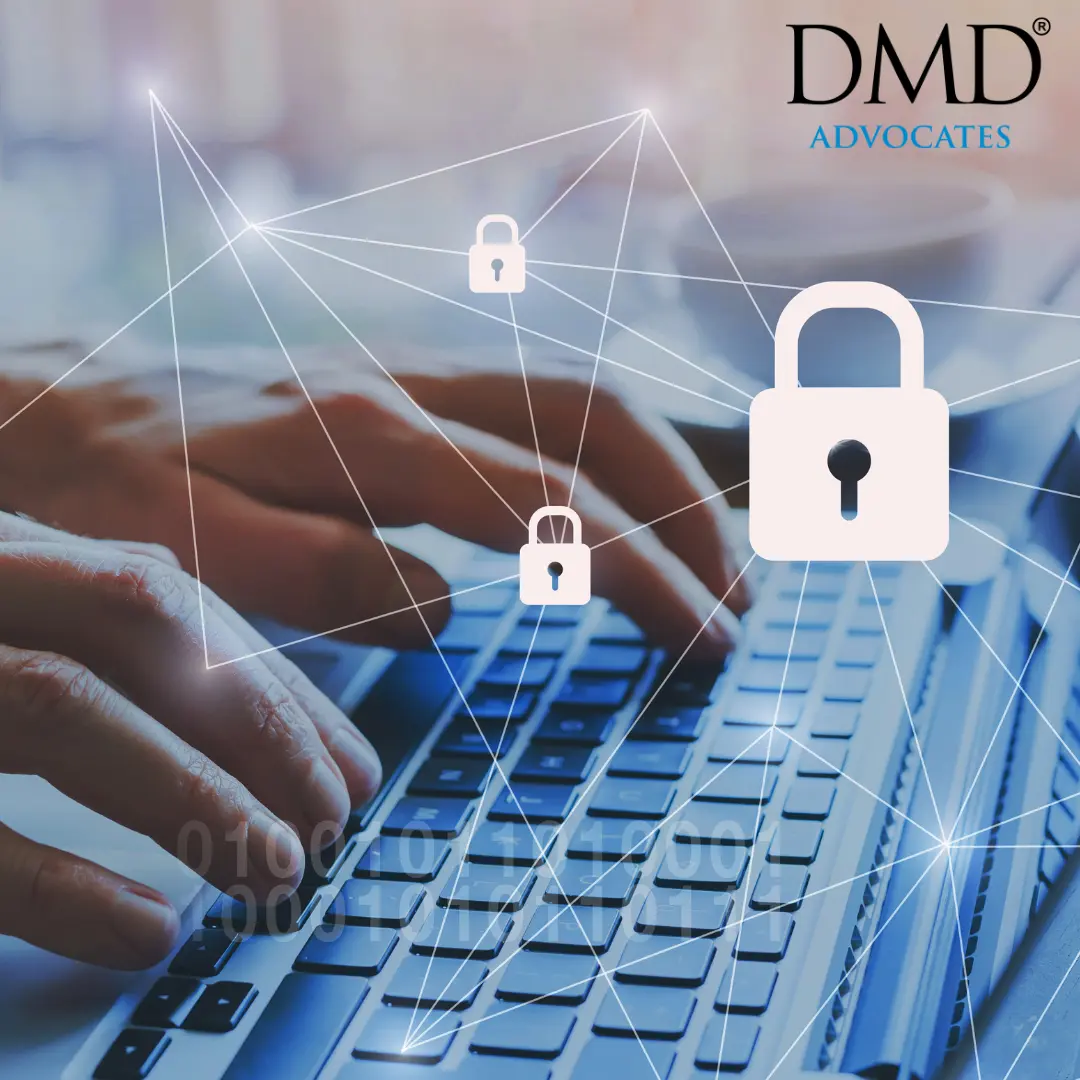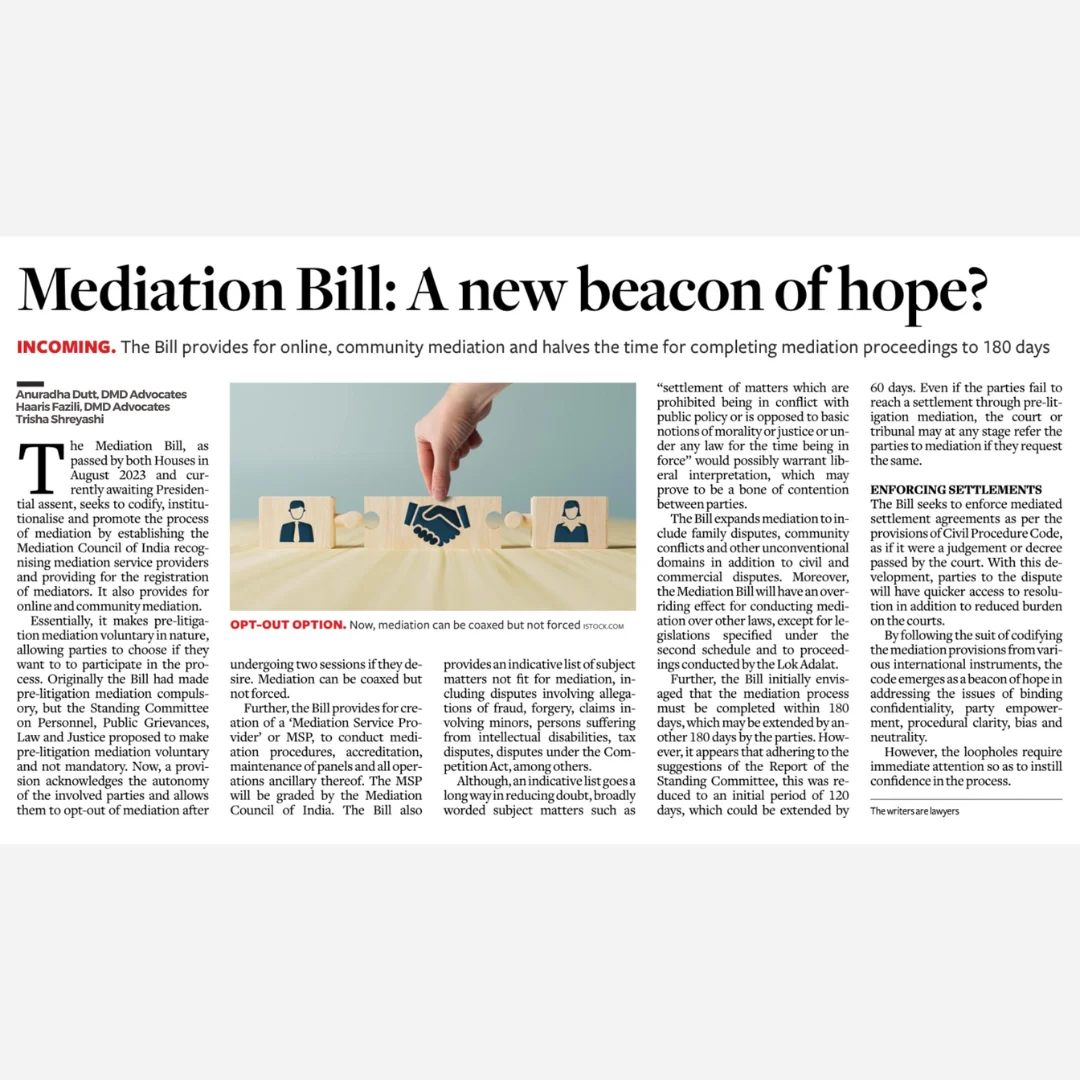Publications
IBBI Committee Releases Report on Mediation Framework under IBC
16 Feb 2024
- DMD Advocates
- Blog
The Expert Committee, constituted by the Insolvency and Bankruptcy Board of India (IBBI), has made recommendations on the framework for use of mediation under the Insolvency and Bankruptcy Code, 2016 (IBC).
The expert committee considers that introduction of a non-adversarial approach helps in maintaining cordiality in business relationships and saves the Corporate Debtor (CD) from the stigma of insolvency while resolving conflicting interests through amicable settlement. Thus, it proposes a discrete mediation framework under IBC intended to align with its fundamental objectives, i.e., “time bound reorganization” and “maximization of value”, with the autonomy to parties to voluntarily opt for the “out-of-court” mediation process to enhance the efficiency of the insolvency resolution process.
The mediation process envisaged under the Mediation Act, 2023, based on a ‘one-size-fits-all’ approach, may not be made applicable to the insolvency resolution processes under IBC. Thus, the Central Government may specifically exclude proceedings under IBC from the ambit of the Mediation Act, 2023, and provide for a bespoke adoption of mediation in insolvency disputes for each process under IBC, or, alternatively, lay out tailored application to specific aspects of IBC.
Scope and Significance of the proposed mediation framework:
The proposed mediation framework is aimed at expediting resolution of insolvency cases and related disputes by legislative recognition of voluntary mediation under IBC while maintaining the sanctity of the timelines for various existing insolvency resolution processes. It would best operate as a self-contained blueprint within IBC, with independent infrastructure to ensure that the objectives of IBC are met without compromising or diluting the basic structure of IBC in terms of timelines, public rights, etc.
The proposed mediation framework provides for a specialist mechanism and infrastructure including specialist mediators for resolving insolvency disputes under IBC. Mediation will supposedly aid in reduction of caseload in the National Company Law Tribunal (NCLT) docket. It will be applied and implemented in a phased manner to address bottlenecks in current regime, with room for incorporation of implementational learnings.
Overall, it intends at increasing awareness of stakeholders and users in resolution of disputes via mediation and foster insolvency mediation culture by encouraging the use of mediation, especially in bilateral issues.
Key Recommendations of the Committee:
1. Enabling provisions for:
a. introduction of mediation as ADR method under IBC within existing statutory timelines and processes;
b. delegation of powers to Central Government and IBBI for making rules, regulations, notifications, etc., as may be required;
c. establishment of the (in-house) mediation secretariat at the NCLT;
d. specifying timelines for mediation;
e. clarifying role of the NCLT as AA , i.e., no scope for extension of timelines for mediation under IBC, interim relief, etc.;
f. recognition and enforcement of Mediated Settlement Agreements (MSA) under IBC; and
g. impact on moratorium.
2. Central Government may prescribe rules for:
a. the basic structure of the insolvency mediation framework, including specifying categories of disputes that are considered ‘mediable’ (if required);
b. the establishment of an NCLT annexed insolvency mediation cell/secretariat;
c. creating an infrastructure (including e-filings, e-hearings, etc.);
d. minimum qualifications for mediator appointments; etc.;
e. offering Operational Creditors (OCs) to mediate by suitably modifying the Form prescribed under the existing relevant Rules, etc.
f. any mediations conducted by the parties at appellate fora level under IBC i.e., NCLAT or the Supreme Court.
3. IBBI to specify enabling provisions.
a. The IBBI regulations must be aligned with the enabling provision to be introduced in IBC.
b. IBBI to specify procedures for:
(i) the conduct of mediations including automatic termination of mediation where timelines have expired;
(ii) the process of mediator appointment and removal;
(iii) the functioning of the secretariat;
(iv) capacity-building programmes for mediators;
(v) the enforcement of MSAs, etc.
4. Voluntary Mediation: Reference of a dispute to mediation by consensus of parties, is suggested to be the most suitable method to settle insolvency disputes.
5. Stage of reference
a. Voluntary mediation for post-institution matters filed by the OCs and enforcement of MSAs with the approval of NCLT.
b. At the present stage, voluntary mediation provisions may not include the Corporate Insolvency Resolution Process (CIRP) applications filed by Financial Creditors(FCs)/ CD itself.
c. Post institution reference of specific disputes/conflicts during the insolvency resolution process (‘process disputes’). These may include claims collation, intercreditor issues, etc.
6. Competent Authority
a. Reference at pre-institution stage by parties voluntary and falls outside the scope of IBC but remains subject to the dispute being identified as fit for mediation, for example, individual insolvency resolution process. While filing the application, reference to attempts at mediation undertaken, if any, needs to be mentioned in the application.
b. Reference post-institution but pre-commencement by parties with express intimation to the NCLT, subject to automatic termination of mediators’ mandate at the admission/ commencement of CIRP or 30 days from reference to mediation, whichever is earlier.
c. Reference of ‘process disputes’ post-commencement by 66% majority of the CoC, or by the creditor in case of claims collation process, subject to automatic termination of mediators’ mandate at the expiry of timeline of underlying stage under IBC. Post commencement, the current process of settlement under Section 12A would not be impacted by the mediation framework at the present stage.
d. Reference of disputes during plan implementation stage, as prescribed under the IBC or Rules.
7. Subject Matter for Reference
a. Identified insolvency resolution processes:
• CIRP, selective reference of applications by OCs and Corporate Applicants
• Pre-packs
• Fast track CIRP
• Individual insolvency – Personal Guarantee (PG) to CD cases
• Individual insolvency, other than PG to CD cases, as and when rolled out
b. Identified process disputes within the processes:
• CIRP:
• Individual insolvencies
8. Timelines: Timelines for insolvency mediation to run parallel with the statutory timelines under IBC. For example, any mediation (ongoing or commencing) during the post-institution but pre commencement stage of CIRP will necessarily be subject to automatic termination of mediator’s mandate within 30 days of its reference or upon NCLT’s admission of the CIRP, whichever is earlier.
9. Operational Infrastructure
a. Establishment of a dedicated and specialized NCLT-annexed insolvency mediation cell with an independent secretariat to administer, oversee, and manage the conduct of insolvency mediations under IBC.
b. Provisions for staff, personnel, systems, including for the e-mediation process.
c. Adequate infrastructure, such as e-meetings and e-filings, for the conduct of online or paperless mediation, where appropriate.
10. Enforcement of MSA
a. Parties to approach the Adjudicating Authority or the relevant appellate authority without instituting separate legal proceedings, for enforcement of MSAs. MSAs to be enforced by way of incorporation of MSA in an order of the NCLT or the appellate authority), similar to the existing withdrawal process for pre-admission matters under Rule 8 of the AA Rules, 2016.
b. At the post-admission stage, process disputes can be settled as per Section 12A of IBC. Here, settlements are given statutory sanctity by being recorded in the order of the NCLT. In case of breach, the aggrieved party has the option to approach the NCLT for revival of CIRP.
11. Costs
a. Costs arising in connection with the mediation process to be borne by the parties equally. or as may be mutually agreed amongst them.
b. Costs incurred for the conduct of mediation during the CIRP process to be excluded from the purview of insolvency resolution process costs.
c. Introducing provisions for reimbursing expenses incurred by the parties at the NCLT (or NCLAT or the Supreme Court).
12. Mediators
a. Pool of mediators to include the following:
• retired members of the NCLT/NCLAT;
• senior advocates and/or advocates with advocacy experience in more than ten successful insolvency proceedings;
• ex-senior officials of financial sector regulators, such as IBBI, or scheduled commercial banks; and
• insolvency professionals with more than ten years of experience.
b. As additional pool of mediators, the following can be included:
• legal practitioners with at least ten years of experience in insolvency disputes;
• persons with experience as mediators or in mediation advocacy in commercial disputes for at least ten years; and
• persons with technical expertise in insolvency, accounting, valuation, and industry operations possessing experience of at least ten years may also be included in the pool of mediators.
c. Adequate training to be provided to the mediators for conduct of mediation under IBC. A Code of Ethics for Mediators may be formulated to enable mediators to perform their duties while upholding principles of professional ethics.



























